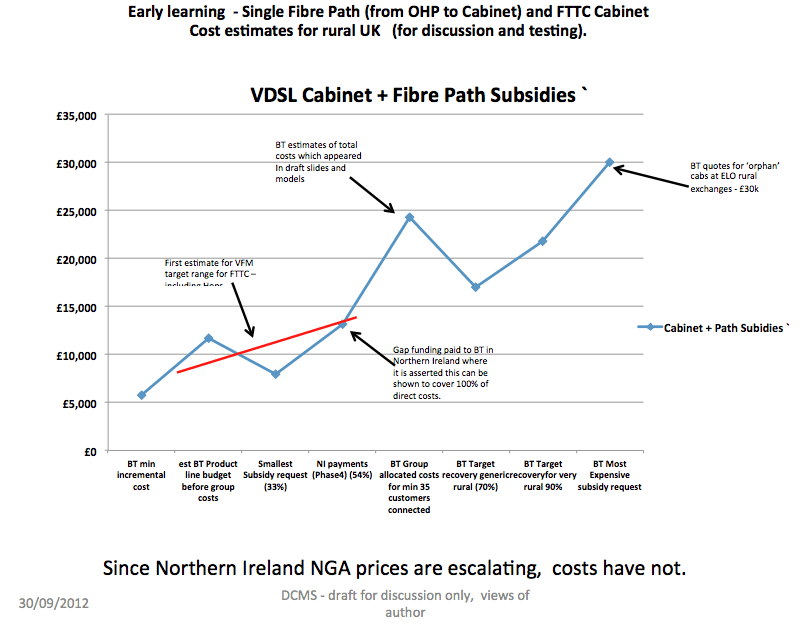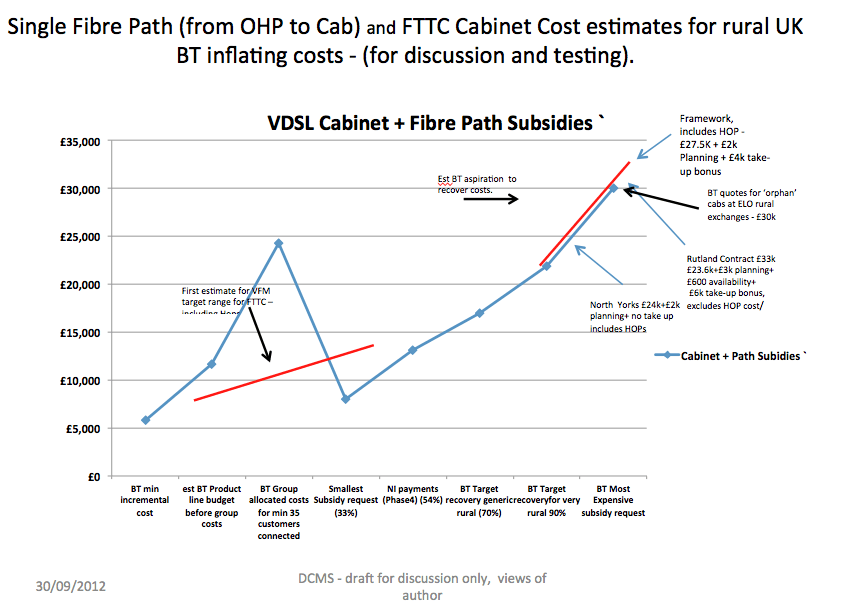 Charter Communications’ new CEO Thomas Rutledge loves Connecticut so much, he is moving the company’s executive headquarters to a new facility in Stamford — just minutes from his tony estate in New Canaan — at taxpayer expense.
Charter Communications’ new CEO Thomas Rutledge loves Connecticut so much, he is moving the company’s executive headquarters to a new facility in Stamford — just minutes from his tony estate in New Canaan — at taxpayer expense.
Rutledge has been running Charter, based in St. Louis, largely from Connecticut and a temporary executive suite in New York City since he accepted the position days after quitting as Cablevision’s chief operating officer in December, 2011.
But instead of relocating to St. Louis, Rutledge will force about 100 employees to quit or move to Connecticut, with taxpayers picking up the tab. Charter blamed the move, in part, on the downsizing of St. Louis’ airport which company spokesperson Jessica Hardecke said hampered the ability of the company’s employees to visit its cable systems in 25 states.
Under the terms of the corporate welfare deal, Charter will receive a 10-year loan of $6.5 million financed at 2%, with principal payments deferred for three years. If Charter meets modest job milestone requirements, the loan’s balance will be transferred to state taxpayers who will pay it back in part or in full, depending on Charter’s job growth performance. The company has promised to add up to 200 jobs in Stamford, which will earn them an added bonus. The package allows Charter the opportunity to access up to $2 million in grant funding — $1 million for each additional 50 corporate jobs they bring to Connecticut. The company can also receive $1 million in grants if it adds 100 jobs. The grants are capped at $2 million.
News reports indicate Charter is eyeing 70,000 square feet of premium office space in a 15-story high rise in downtown Stamford shared with UBS Financial Services and Harmon International.
Rutledge has a long history of stubbornly sticking close to home. While an executive at Cablevision, he refused to move closer to the company’s headquarters on Long Island, requiring the cable company to provide a helicopter service that flew him back and forth from Connecticut every day.
Rutledge could have self-financed the entire move out of his personal compensation. His four-year pay package at Charter is worth about $90 million, according to recent filings with the Securities and Exchange Commission.
Two other former senior executives who left Cablevision to join Rutledge at Charter may have known Rutledge would never move to Missouri. Neither Charter’s chief operating officer or chief marketing officer have put their New York City-area homes up for sale. Now they don’t have to.
St. Louis officials were shocked by the decision, and were fuming about the company’s surprise announcement Oct. 2, because nobody gave them an opportunity to make a counteroffer to get Charter’s executives to stay.
Steve Johnson, executive vice president for economic development at the Regional Chamber and Growth Association, wasn’t given a chance to change Charter’s mind either. “You never want to lose corporate headquarters and the cachet that goes with them,” Johnson says. “But I’m not sure there was anything we could do to influence this one.”
County Executive Charlie Dooley was more succinct: “I don’t believe [Rutledge] wanted to come to St. Louis.”
[flv width=”640″ height=”380″]http://www.phillipdampier.com/video/KMOV St Louis Charter Moving to Conn 10-2-12.mp4[/flv]
KMOV in St. Louis reports local officials were unpleasantly surprised with Charter’s sudden announcement, but were partly mollified with promises Charter would hire an additional 300 modestly paid customer service workers in St. Louis (without any taxpayer incentives) between now and the end of the year. (2 minutes)
[flv width=”640″ height=”380″]http://www.phillipdampier.com/video/KTVI St Louis Charter Moving Headquarters Out of St Louis Area 10-2-12.flv[/flv]
KTVI in St. Louis notes Charter’s executive exit from Missouri has become a political issue, with Republicans complaining the state has to do even more for businesses to keep this from happening again. (2 minutes)


 Subscribe
Subscribe












